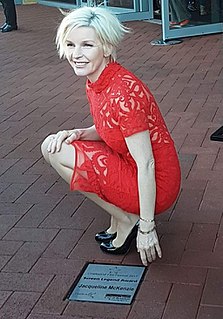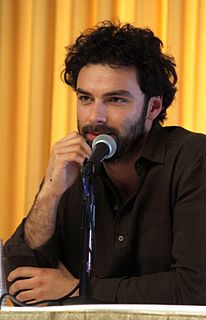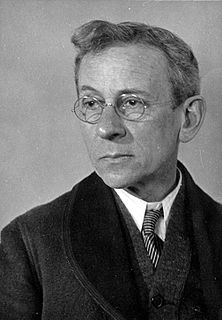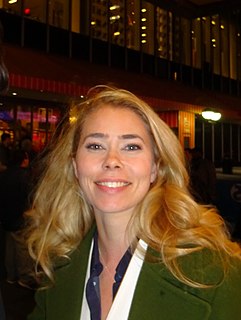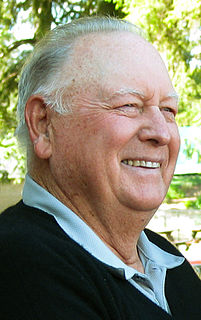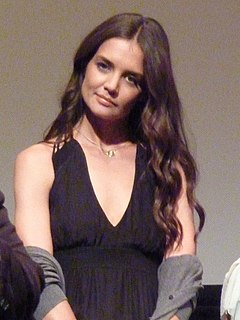A Quote by Haskell Wexler
I've been in wars and in riots and hung out of many helicopters in the early days. And there's a detachment that happens when you look through the camera. You're looking for the shot.
Related Quotes
In fact, it was stated early in the first Bush [presidency], Bush I, in one of their documents they pointed out in the future, US wars are going to be against much weaker enemies. And they have to be won quickly and decisively before a popular reaction develops. And Iif you take a look, that's what's done. Look at Panama, for instance, over a couple of days; and Kosovo, no American troops.
In this era of non-judgmental mush, too many Americans have become incapable of facing the brutal reality of unprovoked hatred, based on envy, resentment and ultimately on a vicious urge to lash out against others for the pain of ones own insignificance. That has been a common thread in things as disparate as ghetto riots, two world wars, and now Islamic terrorism.
Sociologists and historians have avoided looking for the family sources of wars and social violence. Whenever a group produces murderers, the early parental relationship must have been abusive and neglectful. Yet this elementary truth has not even begun to be considered in historical research; just stating that poor mothering lies behind wars seems blasphemous.
Maybe if I'd gone in younger, I wouldn't have had that feeling, but I've seen an enormous amount of changes since the early-'70s in how this stuff is shot. I did the first TV movie ever shot in 18 days; before this film the normal length of shooting a TV movie was between 21 and 26 days. We shot a full-up, two-hour TV movie in 18 days with Donald Sutherland playing the lead, who had never worked on television before.

